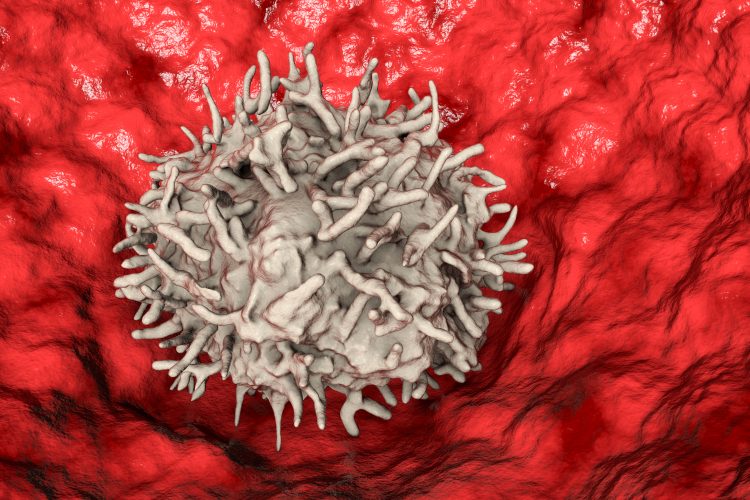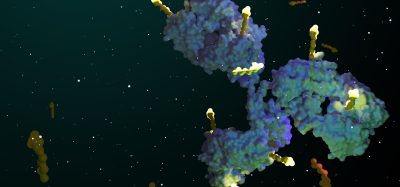Targeting senescent macrophages: a potential cancer treatment
Posted: 14 November 2023 | Drug Target Review | No comments yet
Using the nicotinamide mononucleotide molecule led to proliferation of non-senescent macrophages and lessened immunosuppressive factors.


Cancer stem cells are the most significant cells within cancerous tumours as they can establish new cancerous tumours by evading the immune response. Research has concentrated on identifying biomarkers for cancer stem cells and developing therapies that target these cells, but candidate drugs derived from these efforts have not been effective in clinical trials so far.
Led by Associate Professor Haruka Wada at Hokkaido University’s Institute for Genetic Medicine, a research team studied the mechanisms by which cancer stem cells evade immune response in mice models. The findings demonstrated that cancer stem cells induce senescence in macrophages, the immune cells which are responsible for the first step of the destruction of cancer cells.
Dr Wada said: “One of the biggest questions in the development of cancer is how cancer develops in individuals with a healthy immune system.” She continued: “The majority of studies on cancer stem cells have been carried out in vitro or in immunodeficient mice models, which do not account for a fully functioning immune response. The lack of effectiveness of cancer stem cell-targeting drugs indicates that the immune response or lack thereof is more important than previously considered.”
Biomarkers aren’t just supporting drug discovery – they’re driving it
FREE market report
From smarter trials to faster insights, this report unpacks the science, strategy and real-world impact behind the next generation of precision therapies.
What you’ll unlock:
- How biomarkers are guiding dose selection and early efficacy decisions in complex trials
- Why multi-omics, liquid biopsy and digital tools are redefining the discovery process
- What makes lab data regulatory-ready and why alignment matters from day one
Explore how biomarkers are shaping early drug development
Access the full report – it’s free!
The lack of effectiveness of cancer stem cell-targeting drugs indicates that the immune response or lack thereof is more important than previously considered.”
The team used two cell lines of glioblastoma tumour, one of which was capable of inducing tumour formation (cancer stem cell) and the other of which was not. The cancer stem cells suppressed the proliferation of macrophages in mice models and further investigation found that macrophages cultured with cancer stem cells show senescence or cellular aging.
Macrophages were not the only immune cells affected, as T cells antitumour activity was supressed by the immunosuppressive factors made by senescent macrophages. The researchers identified interleukin 6 (IL-6) produced by cancer stem cells as the molecule responsible for triggering these effects.
Supplementing the mice inoculated with cancer stem cells with the nicotinamide mononucleotide molecule resulted in the proliferation of non-senescent macrophages and lessened the immunosuppressive factors produced by senescent macrophages. This prevented tumour growth and led to increased survival times in mice.
“Our results indicate that drugs targeting senescent macrophages could be a treatment for cancer—an unprecedented development,”
“Our results indicate that drugs targeting senescent macrophages could be a treatment for cancer—an unprecedented development,” Wada explained. “We believe that these drugs could be part of a treatment that prevents the new onset of tumours, as well as a therapy that prevents recurrence after cancer treatment.”
Research is required to confirm that this discovery is correct for other types of cancers and whether the findings apply to cancers in humans.
This study was published in the Journal for ImmunoTherapy of Cancer.
Related topics
Cancer research, Stem Cells
Related conditions
Cancer, Glioblastoma








